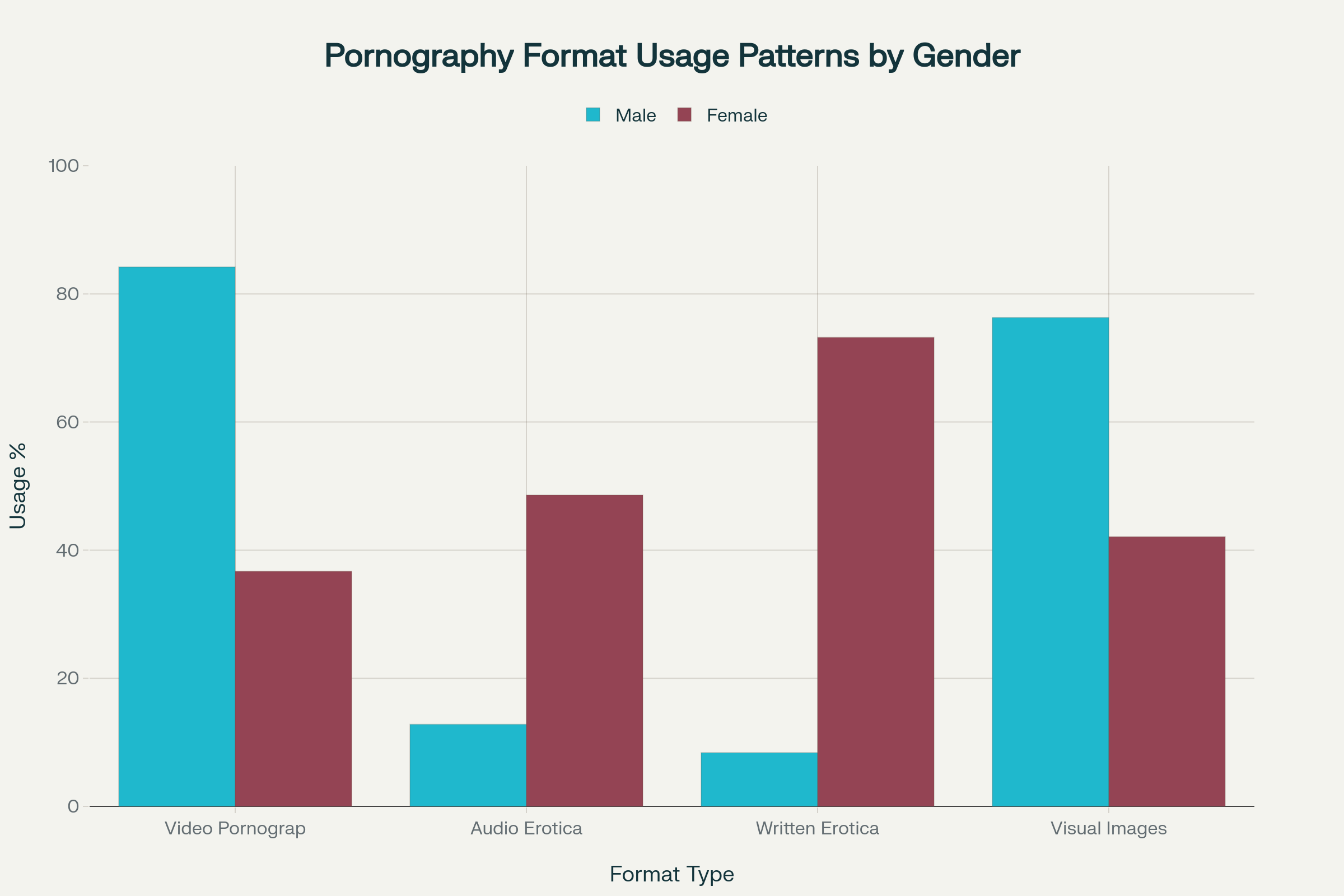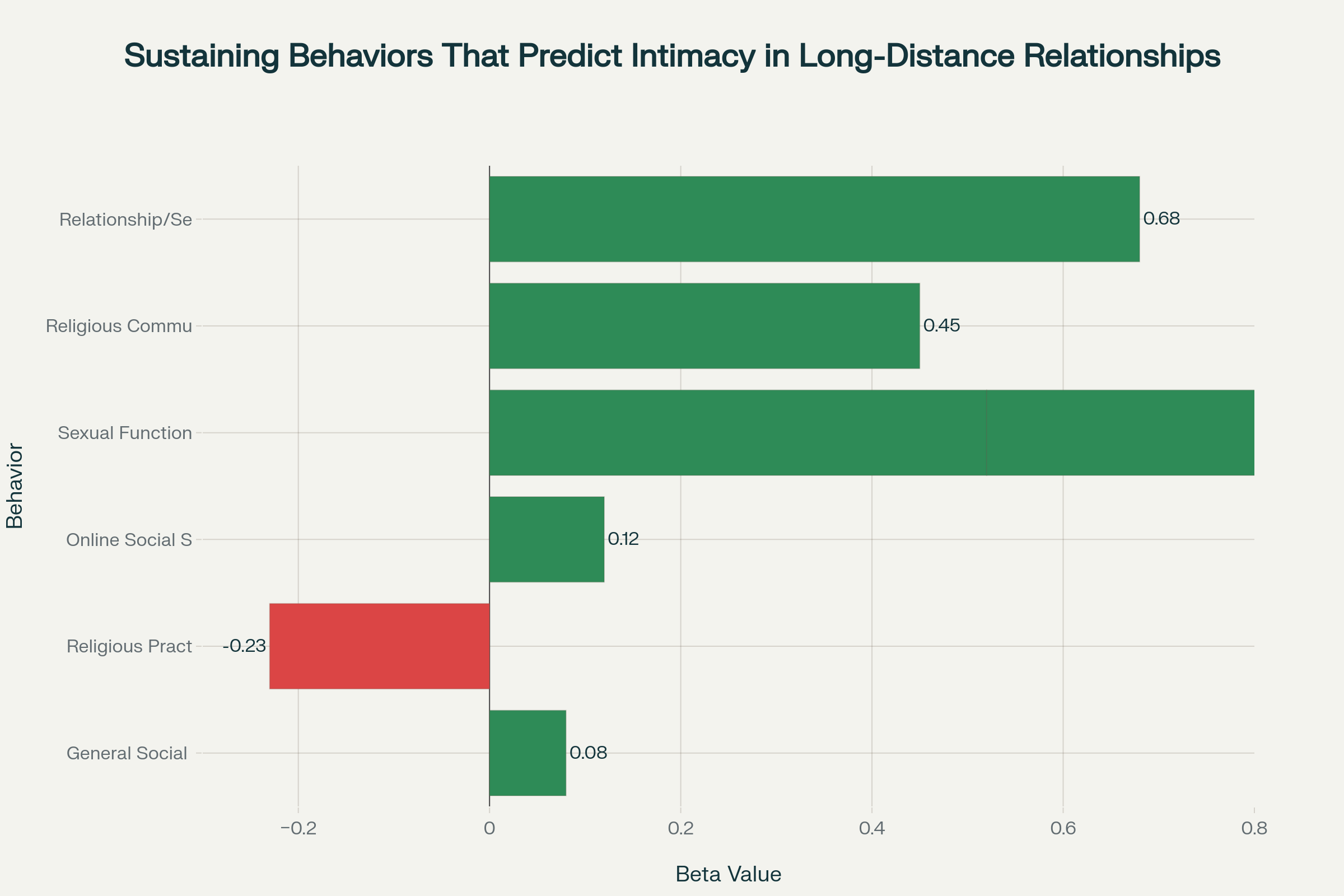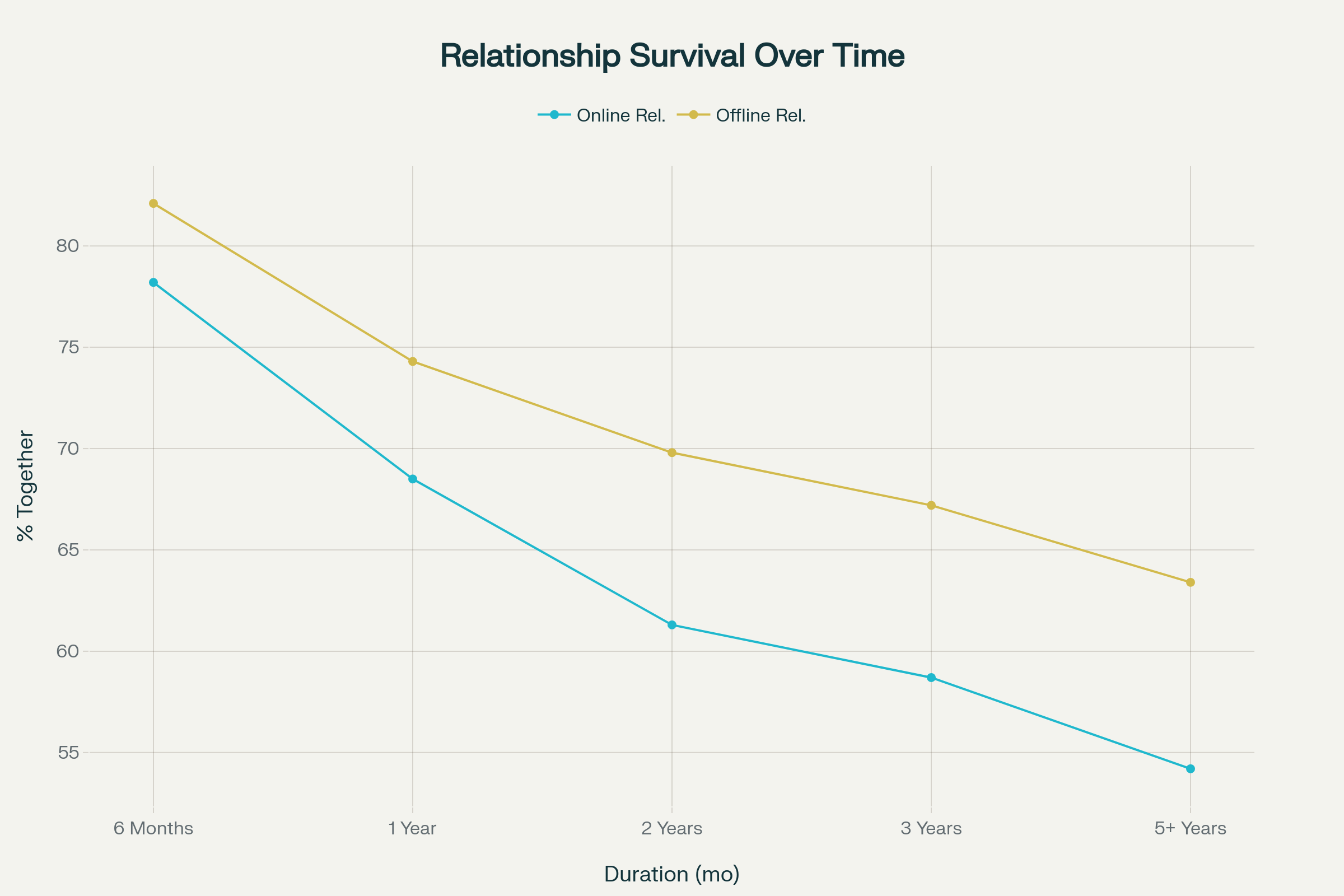Intimate partnerships have a profound impact on both psychological and physical health outcomes. Supportive, close relationships can promote well-being, while distressed or violent partnerships significantly increase risks for mental and physical health problems.
Positive Influences of Healthy Partnerships
- Mutual Support and Closeness: Supportive intimate relationships can improve mental and physical health by providing emotional support, reducing stress, and encouraging healthy behaviours. Partners’ health trajectories are often interconnected, and positive relationships can enhance treatment outcomes.
- Psychological Well-being: Being in a healthy romantic partnership is generally associated with better psychological well-being and physical health.
Negative Impacts of Distressed or Violent Partnerships
- Mental Health Risks: Intimate partner violence (IPV)—including physical, sexual, and psychological abuse—is strongly linked to increased rates of depression, anxiety, post-traumatic stress disorder (PTSD), suicidality, and psychological distress.
- Physical Health Consequences: IPV is associated with a higher risk of chronic diseases, injuries, pain disorders, sexually transmitted infections, and negative pregnancy outcomes such as preterm birth and low birthweight.
- Broader Psychosocial Effects: IPV can also negatively affect finances, employment, and social relationships, especially for women.
Mechanisms and Pathways
- Interdependence: Partners’ health is often interlinked, meaning one partner’s health problems can affect the other’s well-being.
- Pathways to Poor Health: Marital distress can lead to sleep problems and metabolic changes, increasing the risk for obesity and related diseases.
- Emotional IPV: Both perpetration and victimisation of emotional IPV are linked to poor mental and physical health, with some effects (like PTSD and suicidal ideation) being more pronounced in women.
Special Populations
- Interracial Relationships: Individuals in interracial romantic relationships may experience poorer physical and psychological health compared to those in same-race relationships, possibly due to unique stressors.
- Gender Differences: Women are more likely to experience severe forms of intimate partner violence and suffer greater health consequences, particularly in relation to PTSD and suicidality.
Conclusion
Intimate partnerships can be a source of significant psychological and physical health benefits when supportive, but can also be a major risk factor for poor health when marked by conflict or violence. The quality and nature of the relationship are key determinants of these health outcomes.






